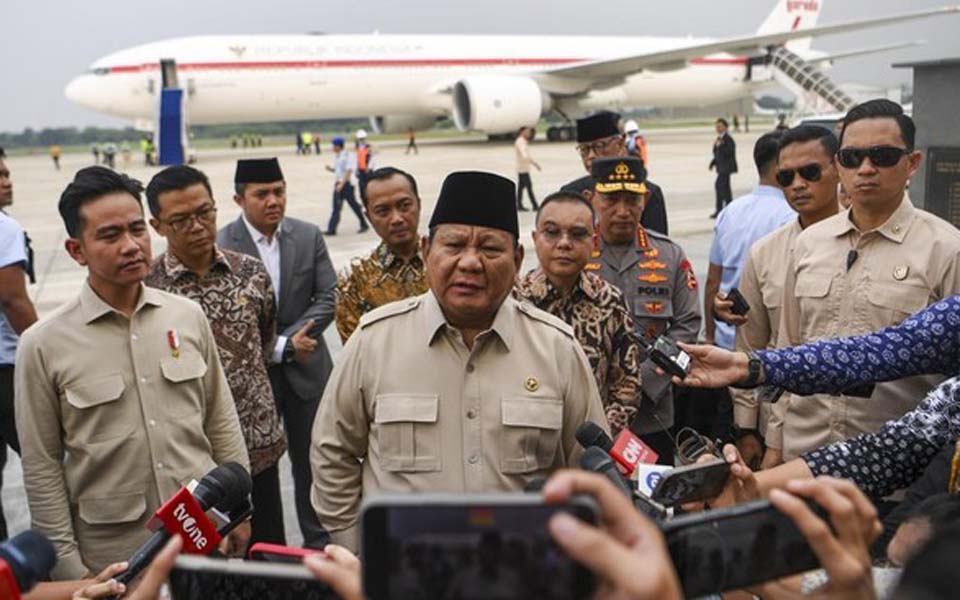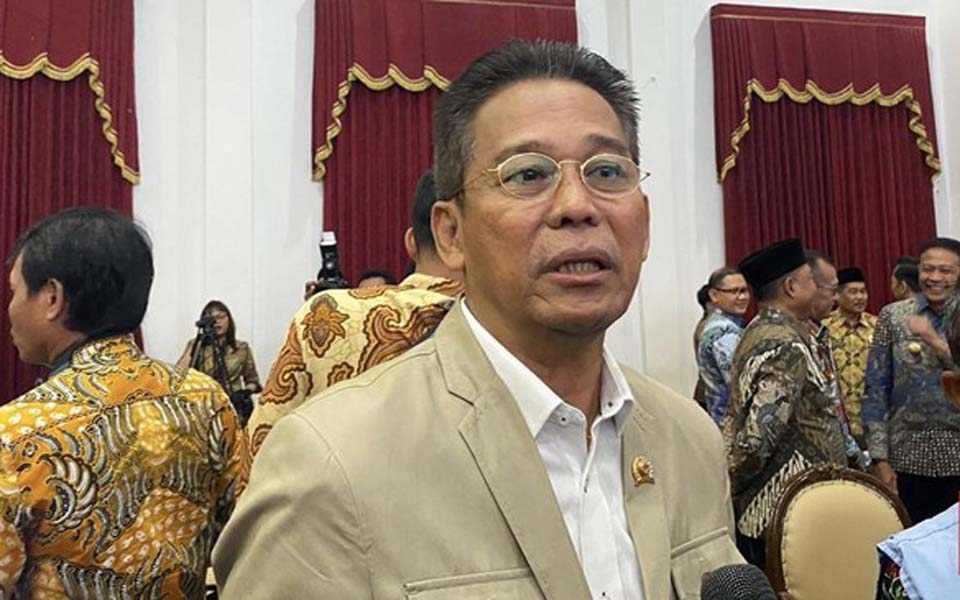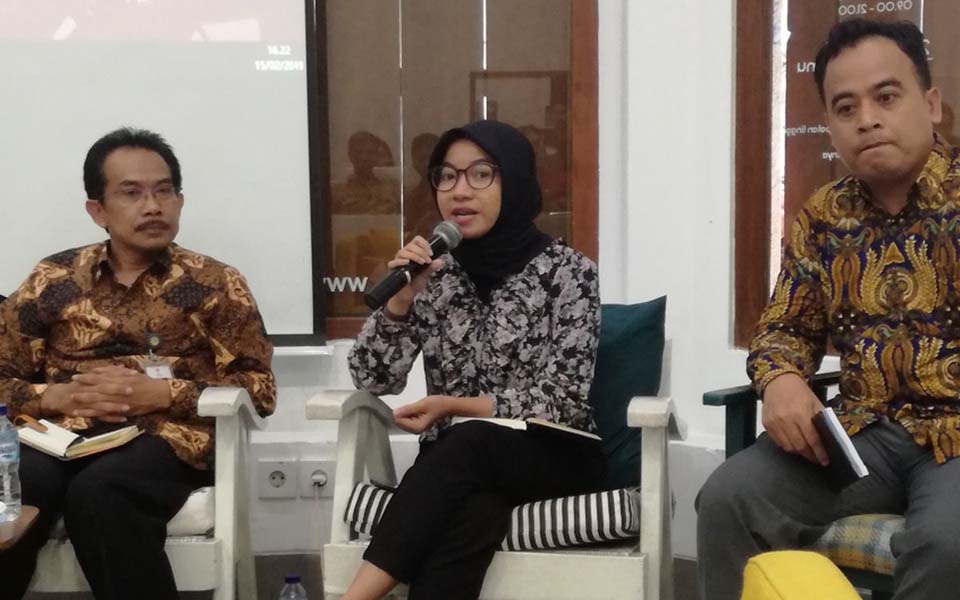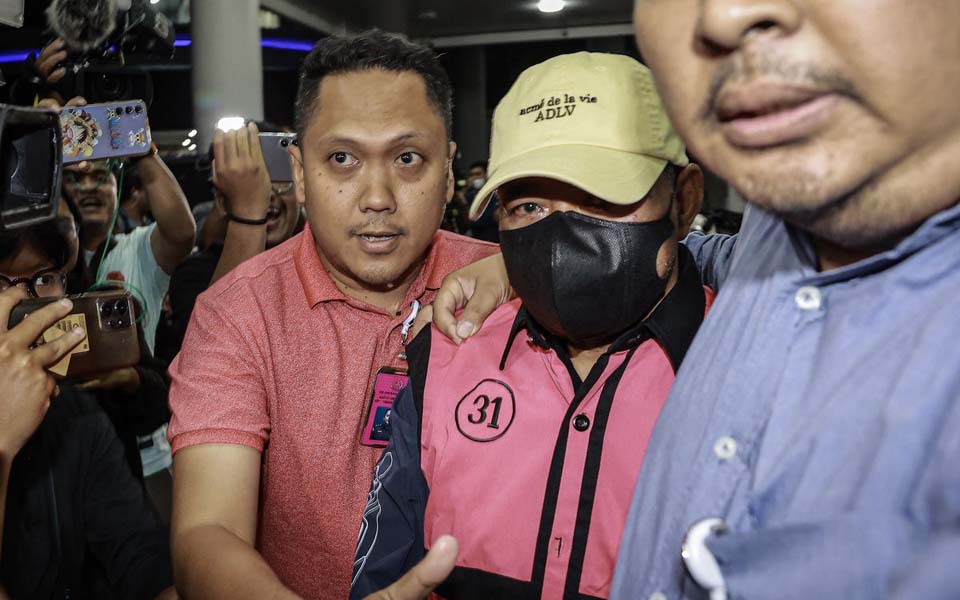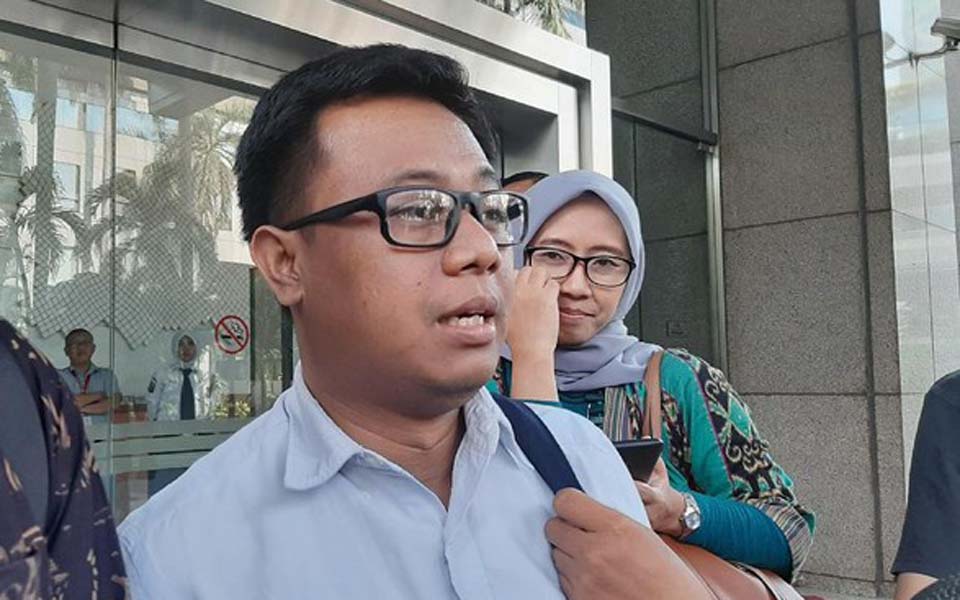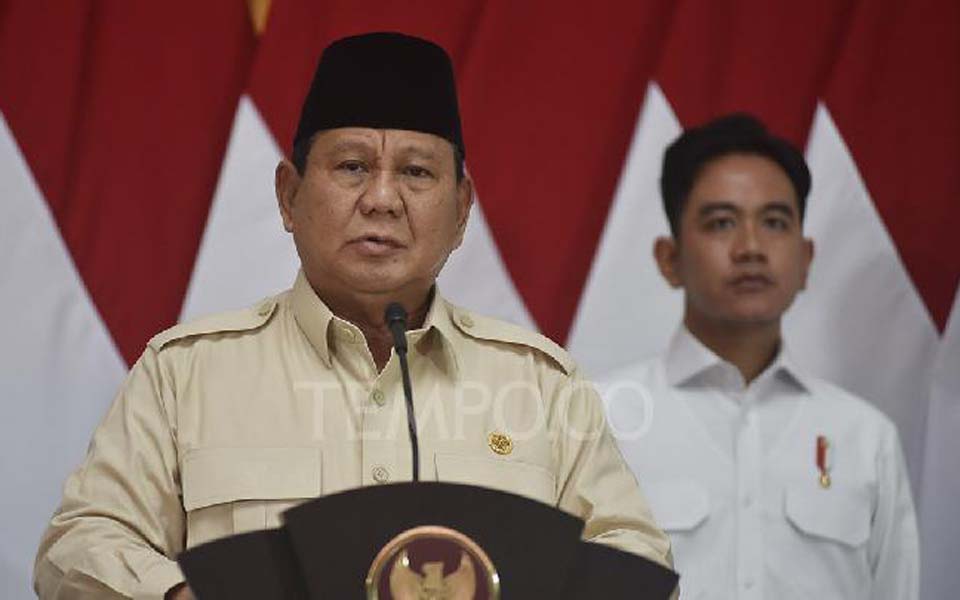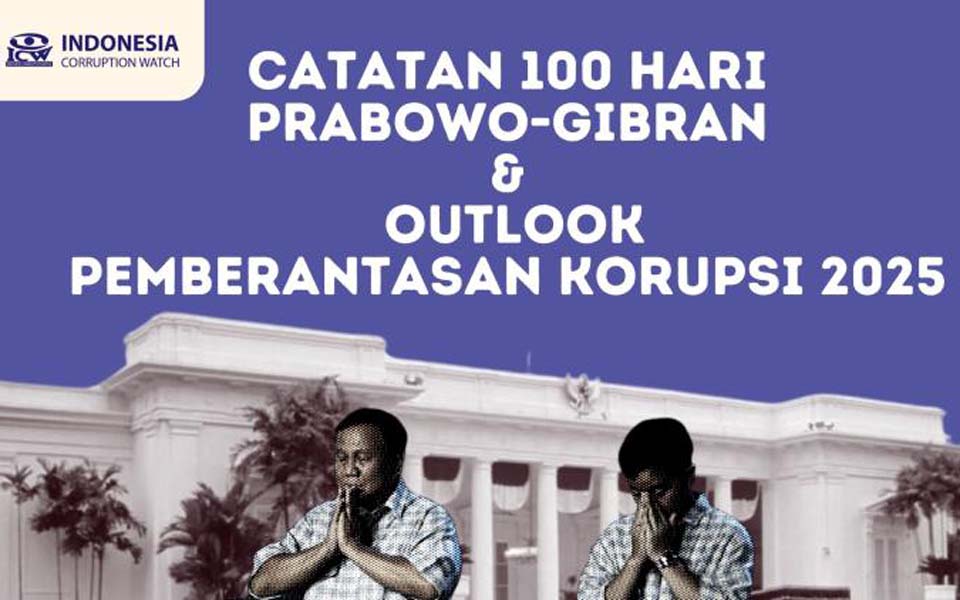Jakarta – Former Corruption Eradication Commission (KPK) chairperson and head of the Islamic mass organisation Muhammadiyah's legal affairs division, Busyro Muqoddas, says that the weakening of the KPK is a success story reflecting cooperation between the government, in this case President Joko "Jokowi" Widodo, and the House of Representatives (DPR).
Muqoddas said that the weakening of the KPK began with the revisions to the KPK law which were enacted by the DPR in late 2019.
"This has completely paralyzed the KPK. This can be said to be a success story for Pak [Mr] Jokowi", said Muqoddas during a virtual discussion titled The Pressing Agenda of Strengthening the KPK, which was held by the Yogyakarta Muhammadiyah University (UMY) Faculty of Social and Political Science on Saturday June 19.
According to Muqoddas, the evidence of the government's cooperation in this can also be clearly seen from the uproar over the civic knowledge or nationalism test (TWK) which 75 KPK employees failed and ended in their dismissal.
To this day, he said, there has not been one political party (parpol) which has shown any sensitivity towards the 75 KPK employees. This, said Muqoddas, proves that there is not one political party that really cares about strengthening the KPK.
"To this day, which parpols were there that showed sensitivity towards the 75 KPK employees", he said.
According to Muqoddas, many parties are indeed afraid of the KPK's independence. With the presence of the KPK, many experienced difficulties manipulating and exploiting the economy for their personal and group interests.
So, said Muqoddas, the best course of action for them was to weaken the anti-corruption agency. "So, the KPK had to be paralyzed. It had to be weakened", he said.
Meanwhile the Andalas University's director of the Constitutional Studies Centre (Pusako), Feri Amsari, said that under a presidential system of government, the presidency is the highest state institution and should be the party most accountable for any issues related to the KPK.
He asserted that the centre of power is in the hands of the presidency, which is currently held by President Widodo.
"In the case of the KPK legislation and the TWK it is very difficult for the president to avoid a sense of accountability. Why? [Because] the president cannot possibility deny responsibility for this", said Amsari.
In the formulation of legislation, there is always presidential intervention. For example in sending presidential letters of approval and representatives from the government to deliberations on legislation at Senayan – as the parliament is known.
Nevertheless, according to Amsari, Widodo has indeed often equivocated that he is not involved in election related legislative affairs because the revisions were not proposed by the government, moreover he did not sign the revisions to the [KPK] law.
"The President equivocated by not signing legislation which had already been jointly agreed to. If looked at from the context of legislation, his equivocation is not very good. As if no one knew the president's role in formulating this legislation", he said. (tst/has)
Notes
Under Indonesian law if the president does not sign off on legislation ratified by parliament it automatically comes into effect after 30 days. Widodo's failure to sign the revised KPK law – despite the government's support for the revisions and knowing full well that it would come into effect anyway – was seen by many as a rather transparent attempt by Widodo to distance himself from the widely unpopular law.
[Translated by James Balowski. The original title of the article was "Busyro Sebut Pelemahan KPK Jadi 'Success Story' Jokowi".]









